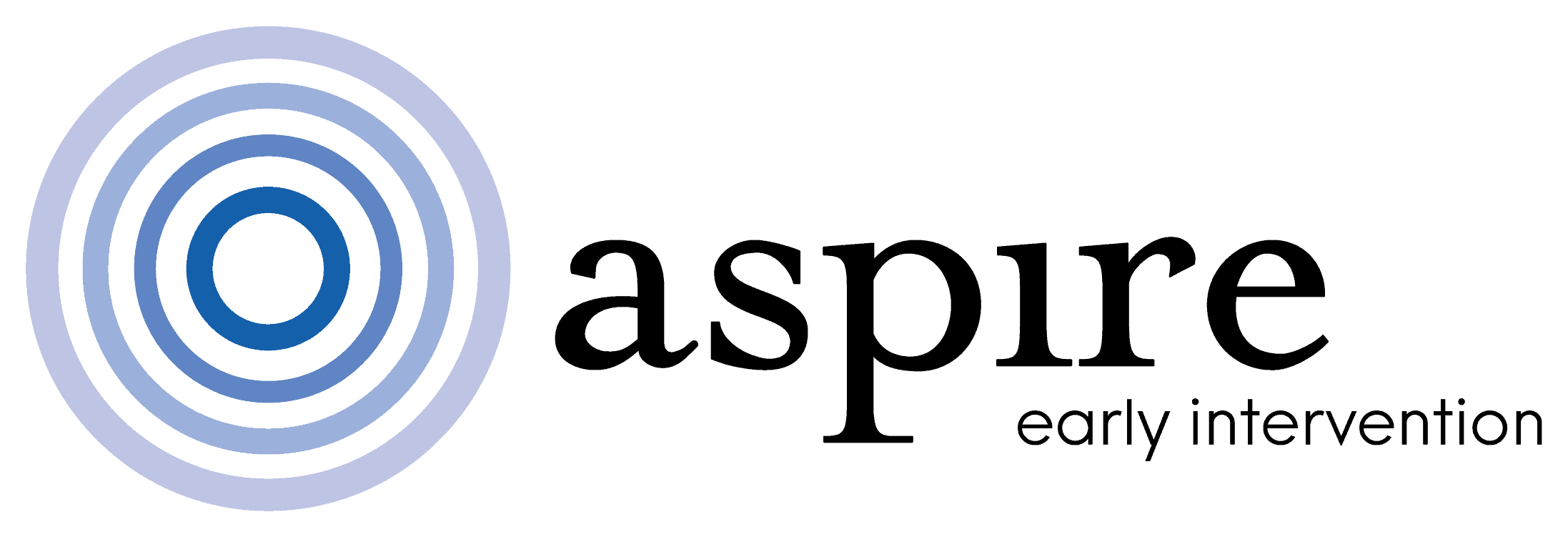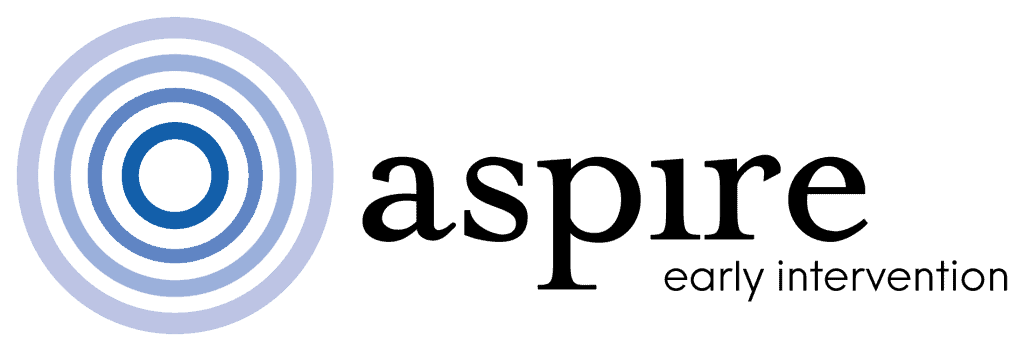As parents, when you are pregnant and have a newborn, you think about what life is going to be like, and you hope for all the things that parents hope for.
Expecting a child is a journey filled with moments of joy, challenges, and inevitable concerns.
Parents eagerly anticipate their child’s milestones, but deviations from developmental norms can stir anxiety. It’s crucial to remember that each child is unique, developing at their own pace.
However, there are certain signs that could indicate potential developmental issues warranting professional attention.
Here, we’ll explore five red flags that may signal a need for a closer look at your child’s development.
1. Delayed speech and language skills
The sound of a child’s first words is a milestone many parents eagerly await. While variations in the onset of speech are normal, significant delays can raise concerns. If your child is not using at least ten simple communicative words by 16 months or forming two-word phrases by 24 months, it might be time to consult a speech pathologist or specialist.
Additionally, difficulties in following simple instructions, poor eye contact during interactions, and a lack of interest in social games or sharing experiences could also indicate underlying issues.
2. Limited social engagement
From an early age, children typically show interest in social interactions with others. Concerns may arise if a child does not respond to their name by 12 months, shows little interest in interacting with peers or caregivers, or avoids taking social cues from others.
Although some children are naturally more introverted, a profound lack of social engagement can sometimes be indicative of developmental disorders such as autism spectrum disorder (ASD).
Early intervention is key to helping children develop vital social skills.
3. Atypical play patterns
Play is not just an activity for children; it’s a window into their developmental world.
By a certain age, children usually engage in pretend and imaginative play, using toys to represent different characters or scenarios. A potential red flag is a child who has little interest in varied types of play or who repetitively uses toys in non-traditional ways, such as obsessively lining up objects without engaging in imaginative play.
While play preferences vary, a lack of imaginative play or diversity in play can sometimes signal developmental concerns. While there is inherently nothing “wrong” with atypical play, it can lead to not developing certain skills that may impede learning.
4. Difficulty with change or transitions
Children thrive on routine, but excessive difficulty with change or transitions can be a red flag. If a child exhibits extreme distress over minor changes in routine, transitions between activities, or adapting to new situations, it might indicate underlying developmental issues.
This difficulty can extend to extreme separation anxiety beyond the expected age, resistance to new foods or environments, or an inability to move from one task to another without significant distress.
Behavioural flexibility tends to lead to being adaptable living in a complex world of social rules and language; another reason why early intervention can be life-changing.
5. Extreme behavioural challenges
Tantrums and challenging behaviour are part of child development. However, some behaviours might make it extremely difficult for your child to take part in fun and engaging activities that are a normal part of childhood, such as birthday parties or community play activities. Examples of these kinds of behavioural challenges include prolonged tantrums, significant aggression beyond typical frustrations, or an inability to be consoled.
Excessive fearfulness, clinginess in various situations, or an unusual lack of fear in dangerous situations can also indicate deeper developmental or emotional challenges that could benefit from professional support.
Conclusion
Noticing potential red flags in your child’s development can be daunting, but it’s important to remember that early intervention across developmental domains can lead to significant positive outcomes so your child can be autonomous, and experience life like everyone else.
Trust your instincts as a parent and seek professional advice if you’re concerned. It’s essential to approach these issues with a balanced perspective, recognising the uniqueness of each child’s developmental journey, interests, and uniqueness. Staying informed, observant, and proactive ensures that your child receives the necessary support to thrive.
Remember, seeking help is a step toward empowering your child and your family on this developmental journey.




